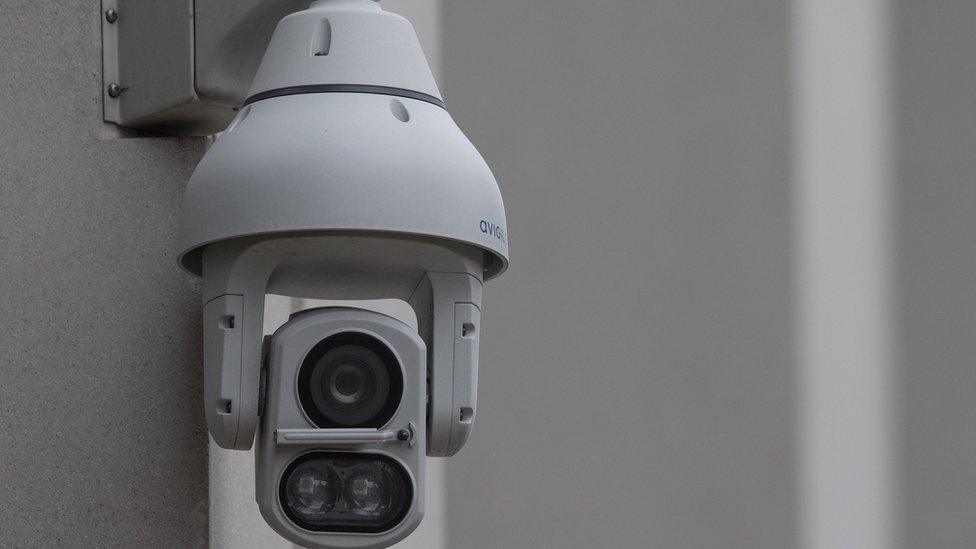Police begin facial recognition pilot
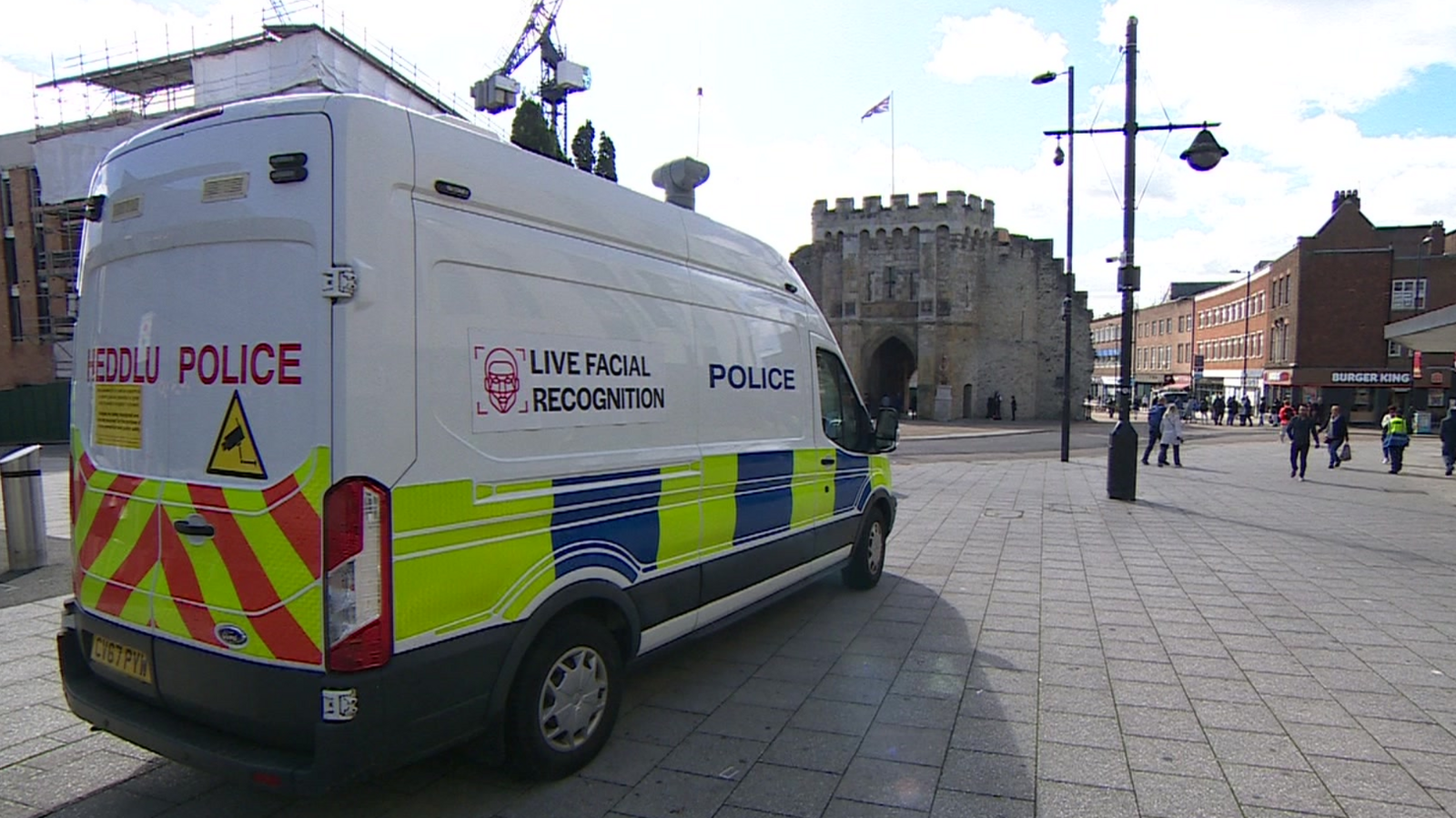
The LFR vans have begun operating in Southampton City Centre
- Published
Live facial recognition (LFR) technology is being used by police in Hampshire for the first time.
Vans in Portsmouth, Southampton, Basingstoke and Winchester have been scanning people passing a camera during a three-day pilot scheme.
Images are compared to faces put on a police watch list with an alert immediately issued if they match.
The force said 35,000 faces had been scanned in Portsmouth during the first day of the pilot, leading to two arrests.
The scanned images are compared against a police watchlist of individuals who are wanted for crimes or missing court appearances, or who are missing persons.
Any image that does not cause an alert is immediately deleted and no personal data is stored.
Assistant Chief Constable Paul Bartolomeo said the technology "freed up" police officers to do other tasks.
"The vast, vast majority of people are very supportive," he said.
"They see the benefit and like the fact we are using new technology and it's a really efficient and precise way of policing."
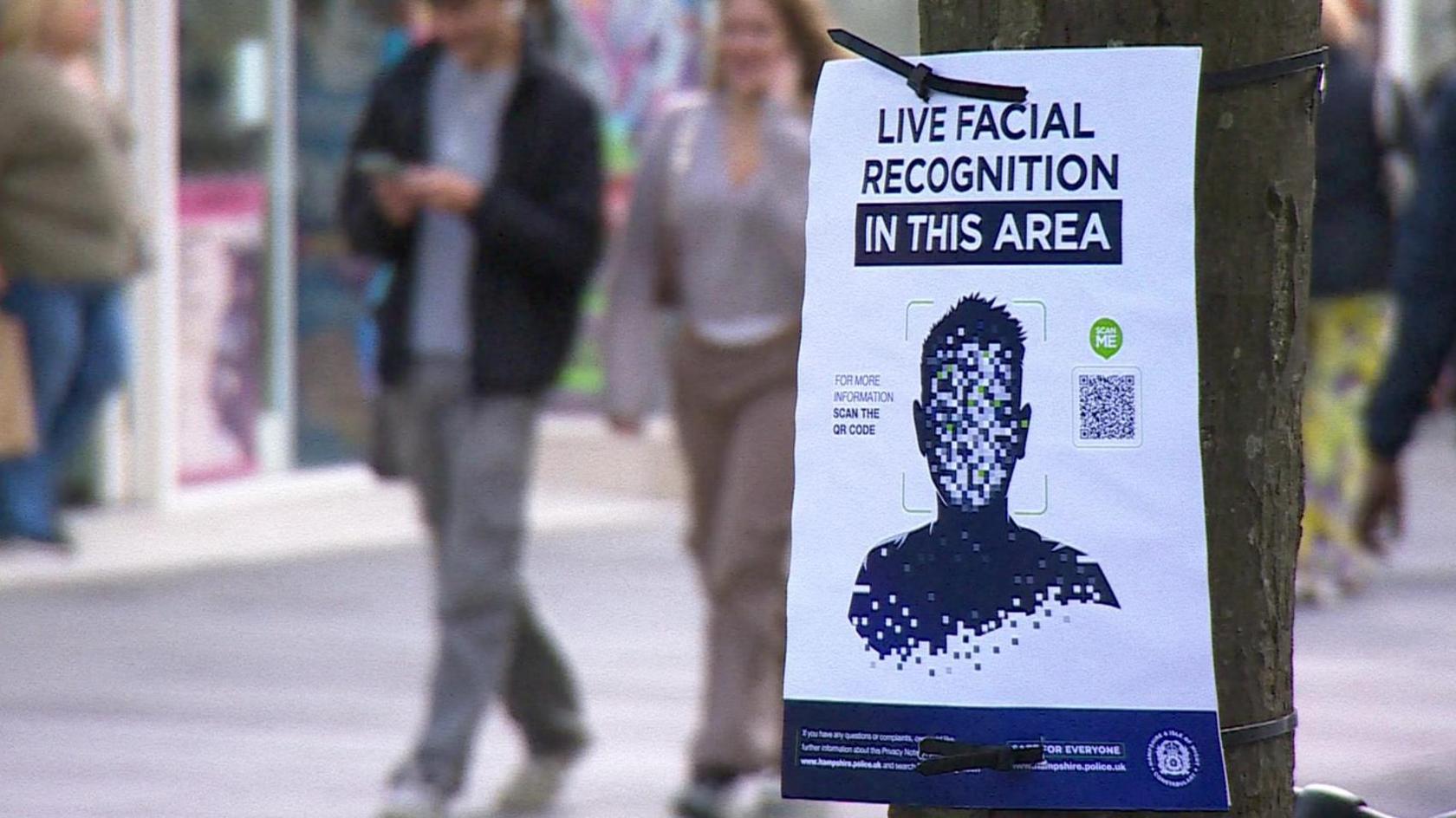
Under current guidance, signs must inform the public that LFR cameras are operating in an area
A number of police forces have carried out pilot schemes, including Essex, Bedfordshire, South Wales and the Met, sparking opposition from civil liberties groups.
Big Brother Watch branded the use of the technology as "dangerously authoritarian surveillance" and its e-petition calling for the Met to roll back its use in London has attracted almost 50,000 signatures.
Concerns have also been raised by MPs, as well as the House of Lords Justice and Home Affairs Committee which called for a "clear foundation in law" for the use of facial recognition technology in 2023.
Current Home Office guidance is that any police deployment of the technology should be "necessary, proportionate and fair" and carried out in line with guidance by the College of Policing.
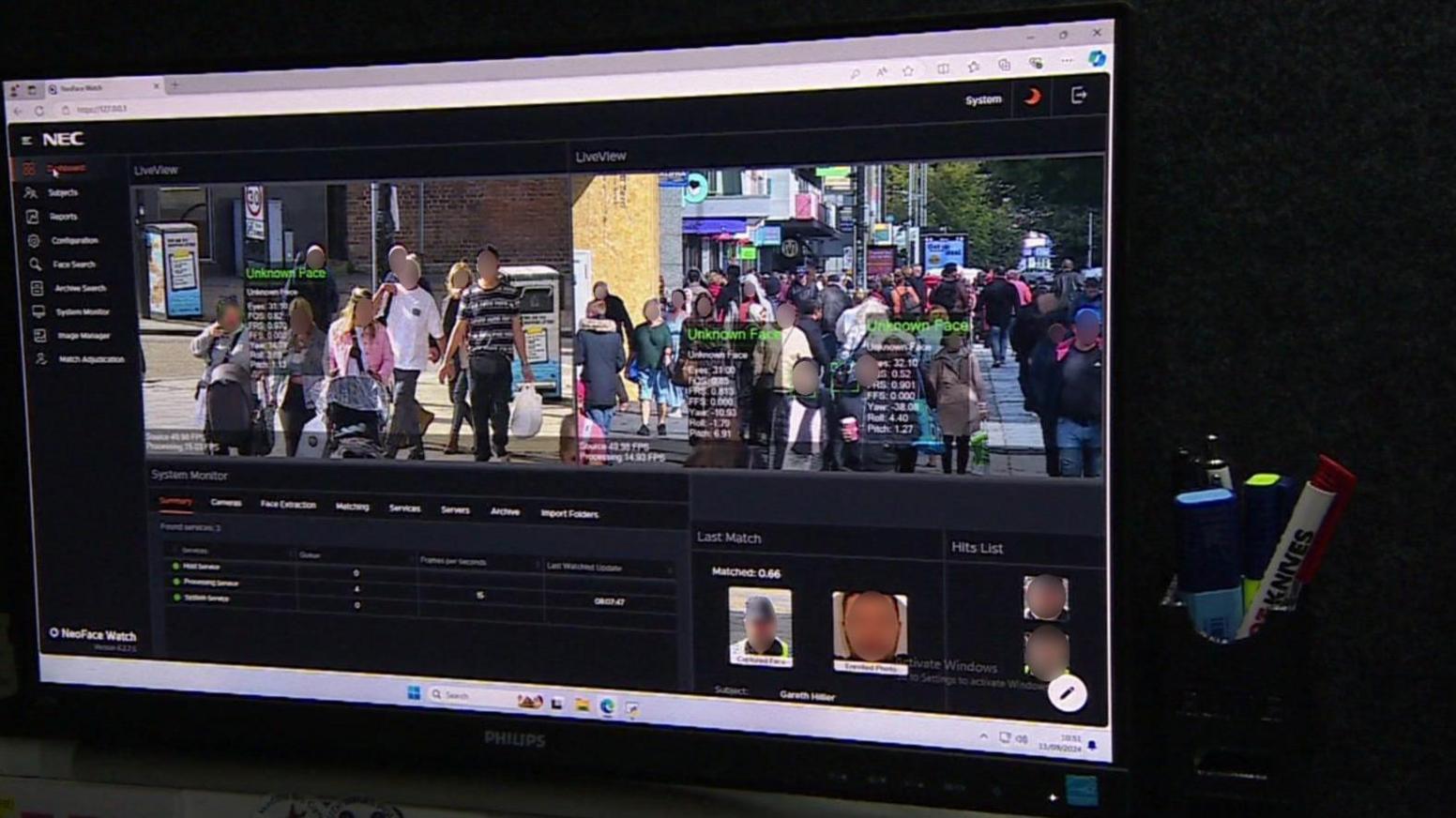
The system uses live video footage to scan individuals' faces and matches them against a police watch list
Hampshire Police and Crime Commissioner (PCC) Donna Jones said it was an example of police "working smarter not harder".
"This is really, really going to help the police," she said.
"It could take police months, sometimes years, to apprehend some of these people when they are on the run.
"Of course that must be balanced with people's civil liberties... if you are a normal, good, decent citizen, this is something you should be welcoming."
The use of such AI technology by police is governed under the Regulation of Investigatory Powers Act.
Ms Jones, who is also chair of the National Association of Police and Crime Commissioners, said the governance and oversight of its use should be included in new legislation.
"We're in a slightly grey area at the moment and we want to give assurance to members of the public who are concerned, and civil liberties groups, that this has been through the just process and it's been through Parliament," she said.
Dr Asres Gikay, from Brunel University, has studied the use of AI technology among police forces.
Hr said there needed to be "some limitation" on its use.
"More needs to be done to ensure the technology is not misused," he continued.
"Public trust is essential. The real question is how can we ensure the proportionate use of the technology, rather than the use of it at all, because there is some public support for it."
Get in touch
Do you have a story BBC Hampshire & Isle of Wight should cover?
You can follow BBC Hampshire & Isle of Wight on Facebook, external, X (Twitter), external, or Instagram, external.
Related internet links
Related Links
- Published25 July 2024
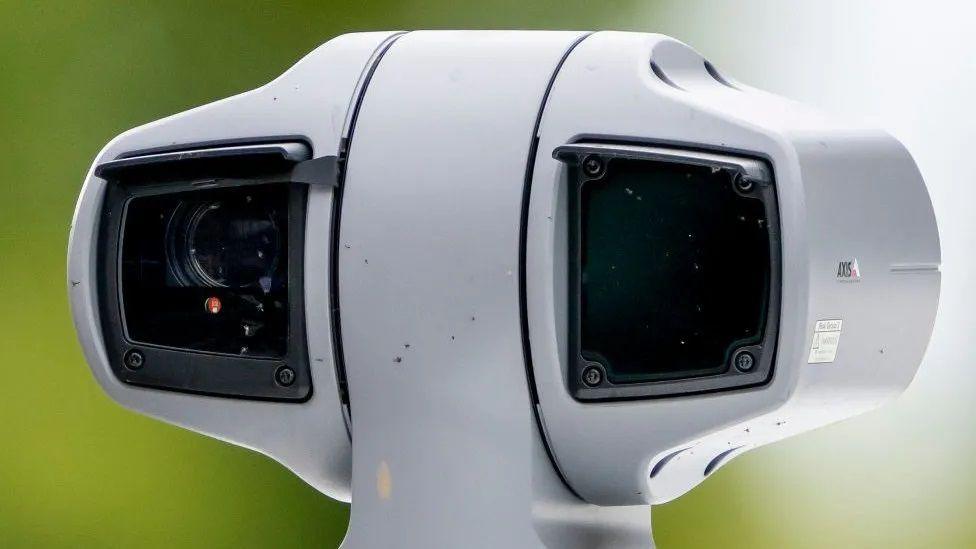
- Published22 January 2024
